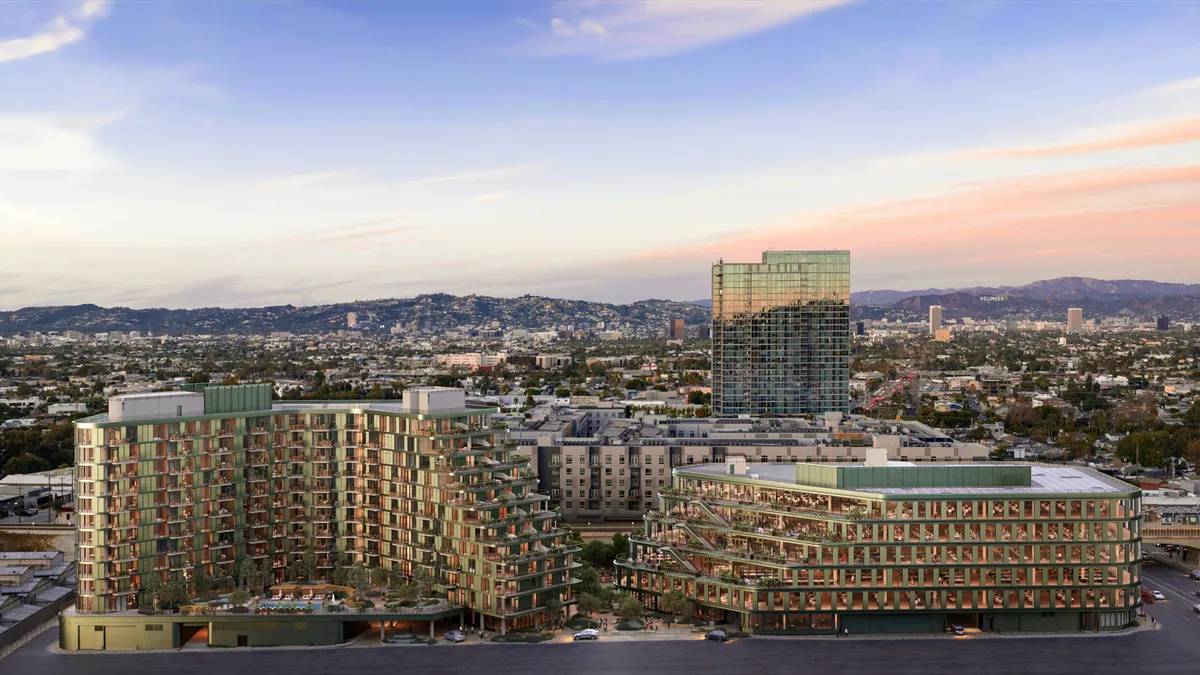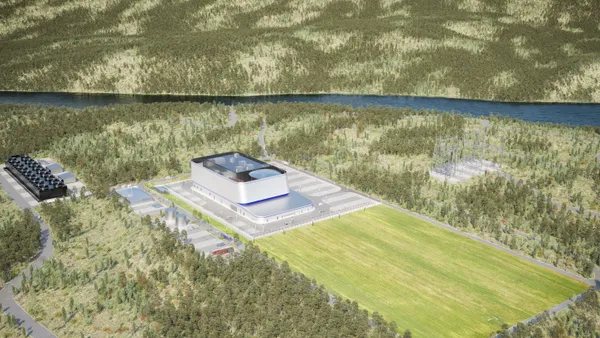Dive Brief:
-
Softwood lumber prices are at their highest levels since September 2004, rising 13.4% year-over-year in April, according to the National Association of Home Builders’ analysis of Bureau of Labor Statistics data.
-
The NAHB points to the recent softwood lumber trade woes between the U.S. and Canada as the lead, and perhaps only, culprit in the steady price increases.
- Softwood lumber prices have risen 10.4% from January 2017 to April 2017. Meanwhile, OSB prices rose 4.4% from March to April and 25% from April 2016. OSB prices are at their highest levels since June 2013.
Dive Insight:
The softwood lumber dispute, which had been fueled by speculation over the past few months, reached its first milestone of certainty in April, when the U.S. government announced an average 20% tariff on Canadian softwood lumber imports. Another set of taxes, in the form of antidumping duties, is expected by June 23.
The recent price increases driven by the looming tariffs could increase the cost of a new home by $3,600, according to the NAHB, while the U.S. Lumber Coalition puts forth a smaller figure, $400 on $6,000 in current lumber costs for a $350,000 house. Another challenge is supply: If Canadian mills look to other countries for their exports, U.S. homebuilders could face shortages unless domestic manufacturers ramp up their own production in time.
Still, it could be as much as six months before the full impact of the new taxes is felt, since many builders negotiated deals in advance.
On the commercial side, material prices, and, subsequently, construction costs, are growing at a faster pace than what contractors are charging. Like the NAHB, the Associated General Contractors of America is requesting that legislators work to prevent international disputes that could impact material prices.












